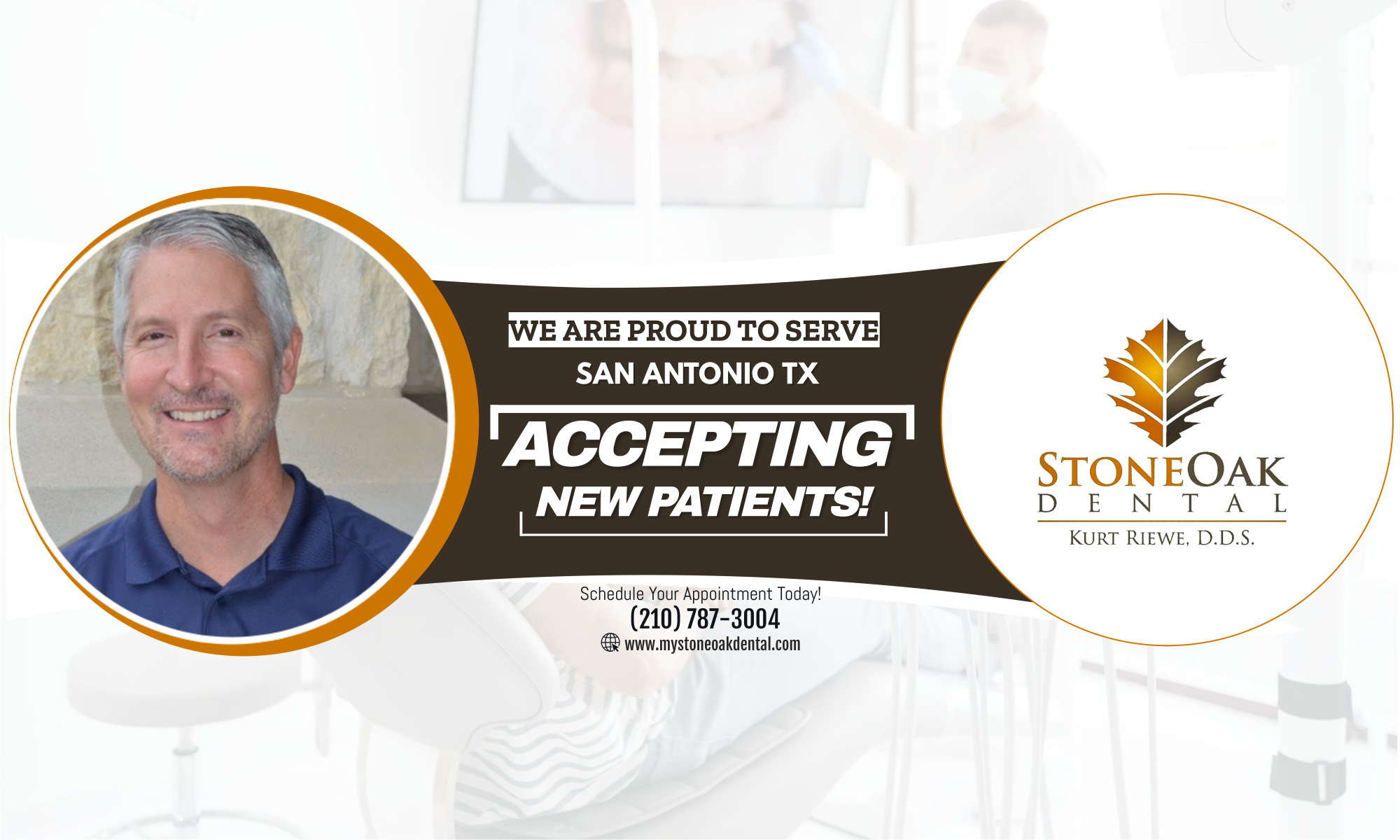Dental implants are increasingly popular as a way to replace missing or damaged teeth.
Their great advantage is that they look natural and feel secure helping you to restore your smile and eat more easily.
Implants are an ideal solution for many people but they are not an option for everyone.
Placing implants requires some surgery so patients must be in good health, have healthy gums and have adequate bone to support the implant.
They must also be committed to taking action to maintain their oral hygiene and to visiting the dentist regularly.
The process for placing implants is as follows:
First, surgery is performed to place the anchor. This can take up to several hours. Following the surgery, you may need to wait up to six months for the bone to grow around the anchor and firmly hold it in place. Sometimes follow up surgery is required to attach a post to connect the anchor to the replacement teeth. Alternatively, the anchor and post may already be attached and are placed at the same time.
After the gums have had several weeks to heal, the next step is to fit specially-made artificial teeth to the post portion of the anchor. This can take a few weeks to complete as several fittings may be required.
Implant surgery can be done either in a dental office or in a hospital, depending upon a number of factors. A local or general anesthetic may be used. Usually pain medications and, when necessary, antibiotics are prescribed.
After your implants are fitted, your dentist will give you tips and advice on maintaining your oral hygiene.
Your dentist can help you decide whether you would be a good candidate for implants.
